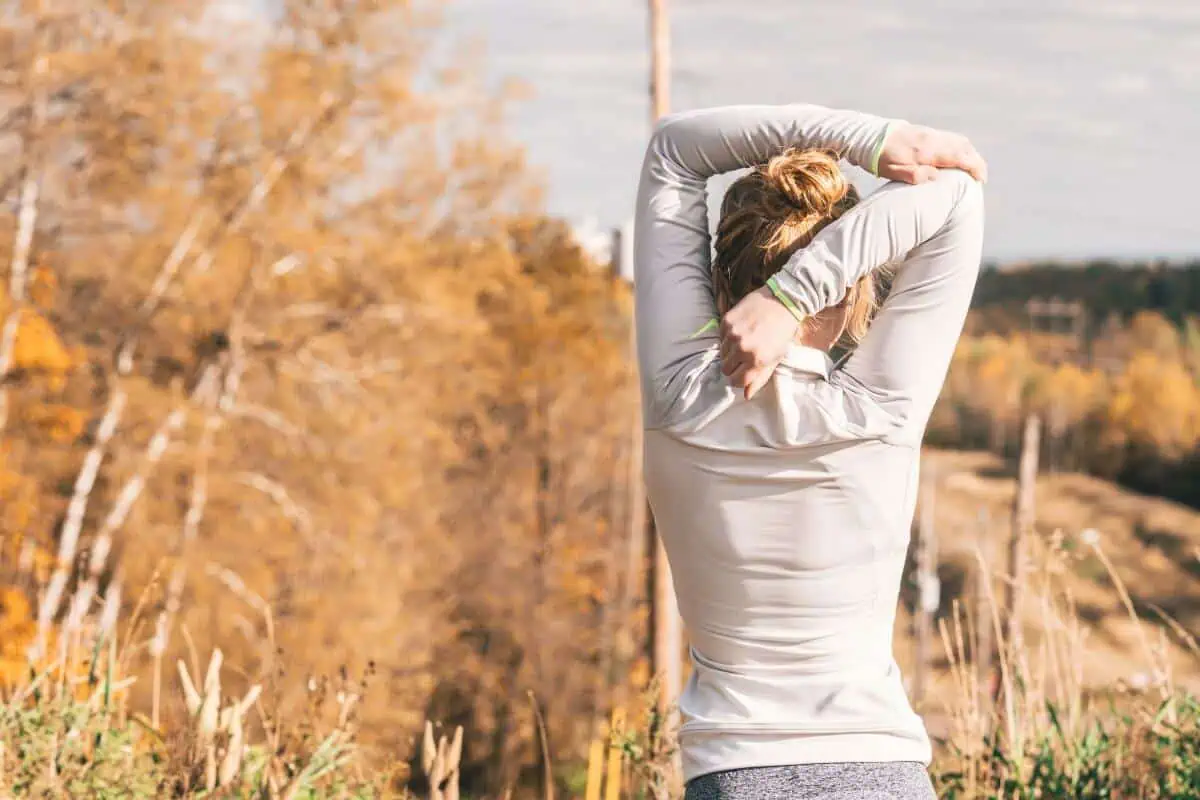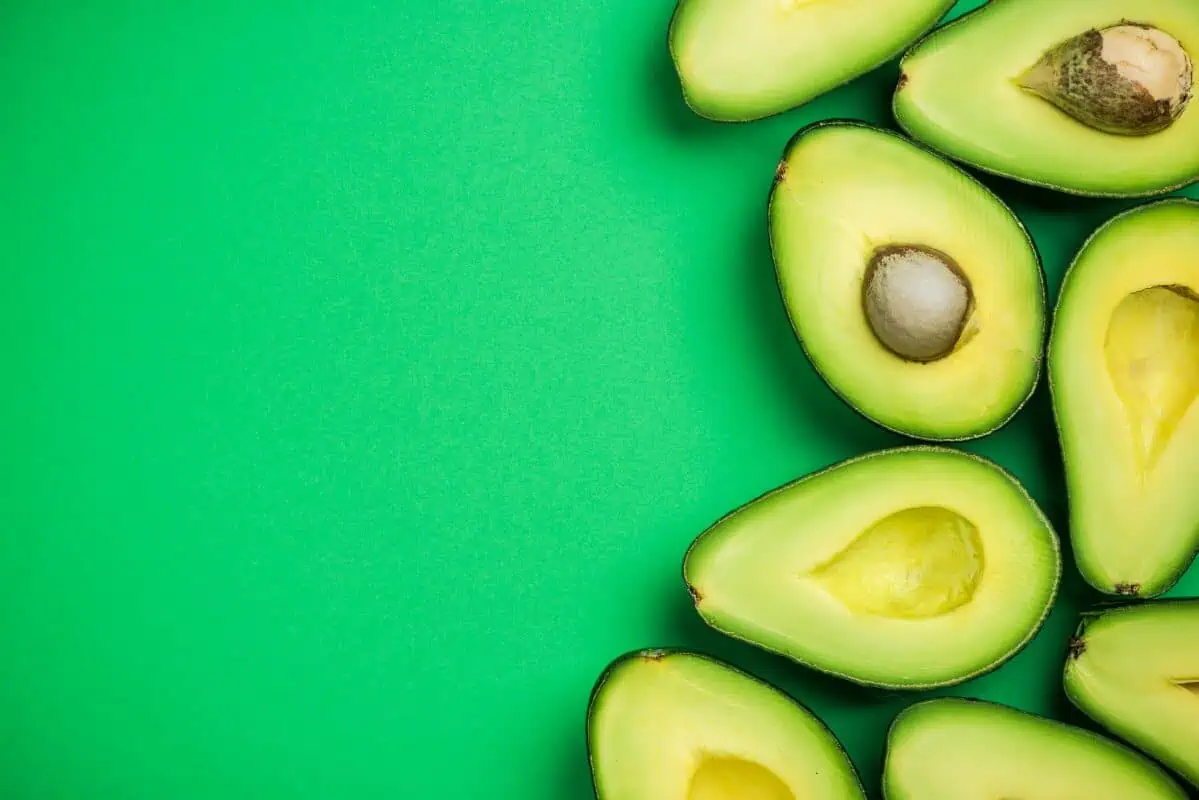Greetings, I’m Dr. Chad Larson, and I’d like to delve into some often-overlooked risk factors for Covid-19. These factors are crucial irrespective of the ongoing vaccine debate, as vaccination doesn’t provide complete immunity. Even with the available vaccines, people can still contract and transmit the virus. Hence, it’s vital to discuss these essential risk factors that public health experts might not be emphasizing enough.
Understanding the Key Risk Factors
From the CDC’s website, we learn that two primary factors contribute to a higher risk of hospitalization and severe outcomes from Covid-19. Obesity has long been recognized as the top risk factor. However, what we often fail to address adequately is the second major contributor: anxiety and fear disorders.
This brings us to the heart of the matter: stress management. While the term “stress management” may seem broad, let’s break it down into three key pillars that you can start incorporating into your life right now. If you’re dealing with any of these issues, it’s essential to work on mitigating them. By doing so, you can reduce your overall stress load and enhance your resilience against Covid-19.
Types of Stress
First, let’s distinguish between different types of stress. There are three main categories:
- Mental-Emotional Stress: This is the stress we experience when overwhelmed by the constant influx of news and information.
- Physical Stress: This type stems from unresolved injuries, persistent headaches, or ongoing physical discomfort, all of which force the body to work harder.
- Biochemical Stress: This category includes factors like blood sugar dysregulation, persistent non-Covid infections, or internal issues that can create biochemical stress within the body.
Dietary Choices for Stress Management
Diet plays a pivotal role in stress management, primarily on the biochemical side. Many of us unwittingly consume inflammatory foods such as sugars and heavily processed grains, which are significant stressors. Consider this: a recent study from Tufts University revealed that over 60% of teenagers’ diets consist of ultra-processed foods. This choice persists across socioeconomic levels, suggesting that it’s a conscious decision. These processed foods serve as substantial inflammatory triggers for our bodies.
Blood sugar dysregulation is another dietary factor contributing to stress. Choosing foods that cause dramatic spikes and crashes in blood glucose levels places additional stress on the system. When combined with mental-emotional stress and potentially physical stress, these dietary habits contribute significantly to overall stress levels.
Prioritizing Quality Sleep
Sleep, without a doubt, is one of the most powerful tools for managing stress. Despite the evolutionary puzzle surrounding sleep’s vulnerability, it remains an essential part of our biology. While we won’t delve into the intricacies of different sleep stages, it’s vital to emphasize the importance of optimizing sleep.
From a stress management perspective, sleep facilitates the rewiring of neurons, the balancing of neurotransmitters like serotonin and dopamine, and the rejuvenation of the HPA (hypothalamus-pituitary-adrenal) axis. Growth hormone, responsible for repairing tissues, emerges during nighttime slumber. Sleep offers a profound rejuvenation process for both the brain and the body as a whole.
Tips for Quality Sleep:
- Reduce blue light exposure from screens a few hours before bedtime.
- Use low-lying lights instead of bright overhead lighting in the evening to align with your body’s natural chronobiology.
Embrace Physical Activity
The third pillar of stress management revolves around physical activity or movement. Let’s broaden the term to “movement” to make it more inclusive. Not everyone needs to be a marathon runner or a gym enthusiast. Find a form of movement that you enjoy. It could be a nature walk, a visit to a local museum, or even sporadic push-ups during the day.
Even if you aim to meet the government’s recommended weekly exercise guidelines of 150 minutes, you can break it down as needed. It’s achievable for people with busy schedules or those who aren’t passionate about exercise. Consider activities like Tai Chi, yoga, or pilates. The key is to keep your body in motion regularly.
These are things that are in our locus of control. The things that you choose to eat are very much within your control. It can be a bit of a process, if you follow a standard American diet which is rich in processed oils and ultra-processed foods. But you can start making meal-by-meal switches into healthier whole natural foods. So, that’s number one of my key components for reducing stress and mitigating the fear and anxiety risk factor for Covid.
-Dr. Chad Larson
The Importance of Movement:
Regular movement helps decrease overall stress levels and contributes to stress management.
Incorporate the Three Pillars Today
To address the second-leading risk factor, fear and anxiety disorders, consider implementing these three pillars into your life immediately. Public health experts may not consistently emphasize them, but they are crucial components of a comprehensive approach to health, particularly during these challenging times.
- Optimize your diet with whole, natural foods, emphasizing vegetables, greens, sulphur-based foods, mushrooms, and dark-colored foods rich in antioxidants.
- Prioritize quality sleep for overall well-being and stress management.
- Embrace regular movement or exercise to reduce stress levels and enhance your resilience.
These steps can be initiated today, providing a solid foundation for managing stress and bolstering your overall health. As we continue to learn more, I’ll keep you updated with the latest information. Until then, prioritize these pillars and stay resilient.
Recommended Products:







